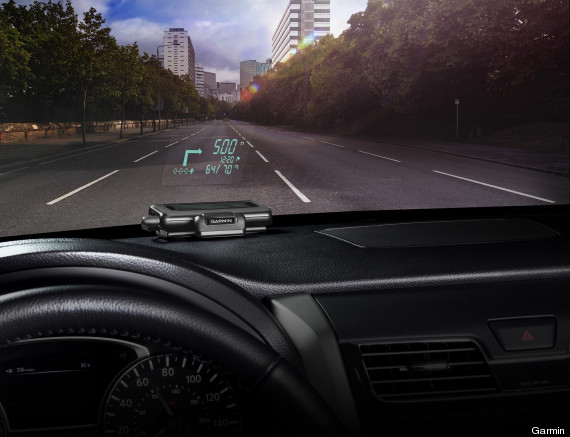
Despite a non-functioning engine, faded paint and a lack of MOT or tax, the green Austin Mini Cooper S engine soared past its pre-sale estimated price of £8,000.
The car was snapped up by an anonymous collector at an auction run by Dorset based outfit Charterhouse, with experts crediting its original features for the eye-widening winning bid, which makes it the most expensive Mini Cooper S ever to be sold at auction.
Matt Whitney, head of classic cars at Charterhouse, explained why the car is worth so much: "The sheer originality of this car is what makes it so unique and valuable.
"Minis like this simply don't come on to the market much any more - they are incredibly rare. I would think there are fewer than a dozen of these cars existing in the world today.
"All of its features are original from the 1275cc engine with twin carburettors to its two-tone interior trim and body panels. It has the ultimate spec for a Mini."
Made in 1966, seven years into the model's production run, the Mini shows 75,000 miles on the clock and has had three registered owners.
The most recent owner bought it in 1968 and drove it around for 25 years before putting it in a garage in 1993, after replacing it with a Peugeot 205.
The car currently needs around £2,000 to get it into a roadworthy condition, but could be worth far more than £31,000 when fully up and running.
Charterhouse commented that a fierce bidding war started between collectors when the car went under the hammer. This is largely due to the Cooper S being one of the most sought after models in the Mini range, thanks to its more powerful 1.3-litre engine and the kudos of the Cooper badge, which marks the collaboration between Austin and former F1 car manufacturer John Cooper Cars












